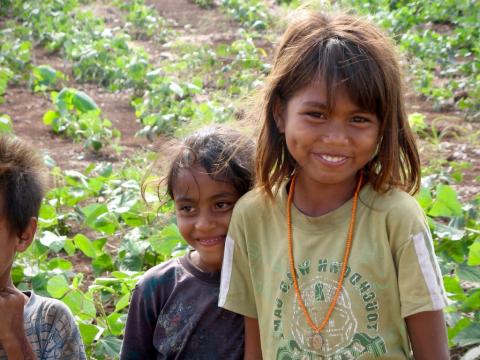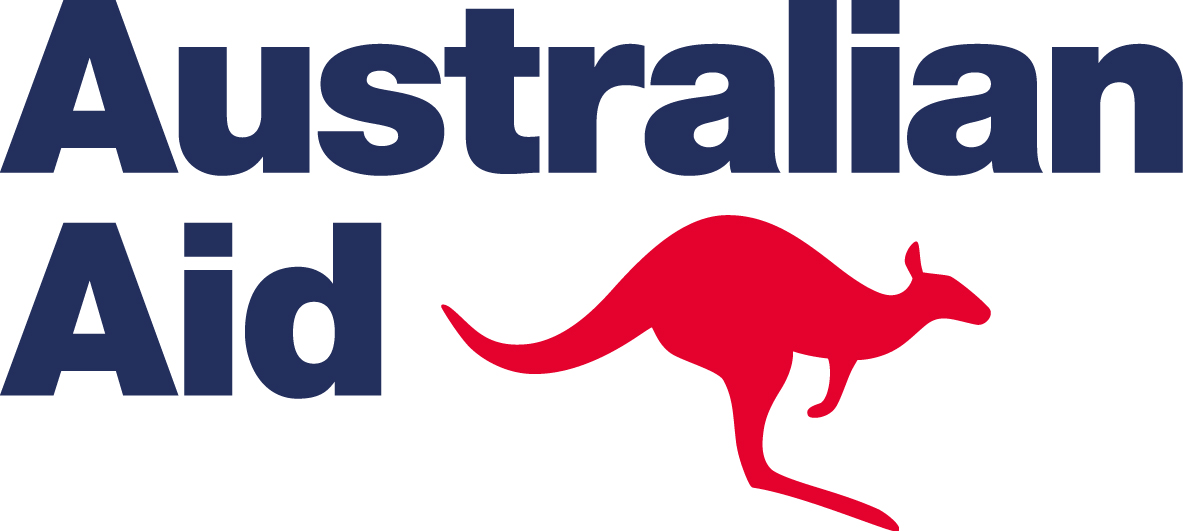Hope grows greener

In 2011, the wind still blew gently. It didn’t give refreshment but despair around Haharu sub-district, East Sumba. The sun shined and stayed for a long time in the land of brown hills.
East Sumba regency is part of Sumba Island in East Nusa Tenggara. Surrounded by ocean, most areas on Sumba Island are terraces; dominated by barren and steep hills. The area is well known for its dry climate. Different from other areas of Indonesia, the dry season in East Sumba can last for eight to nine months.
Only six to ten per cent of East Sumba was forested, which was far from the ideal of 30 per cent, which secures the land and allows for water sustainability. The conditions were made worse by agricultural burning practices in the dry season.
The absence of forest meant a bleak future for the next generation. Without forest, the community did not have enough water for daily needs or for farming. Children helped their parents by walking miles away from their home to fetch water.
For parents, a child’s education was not a matter of life. What was the importance of education if there was not enough water, the source of life?
Four years later, easy access to clean water
Yovintus, 9, and his friend, Elton, 8, need just a few minutes to arrive at a well full of clean water. They bring two jerry cans, one in each hand. Now, there’s abundant water near their home. They can help their parents by fetching clean water before going to school.
The two friends live in Ripu village in Haharu sub-district. Not long ago, they almost dropped out of school because they had to miss class to fetch water for their parents.
“The water well is now close to us,” said Yovintus.
Lusia, 27, a mother and housewife in Ripu village shared, “I remember when we needed to walk at least 1.5km from our home to get water. We were lucky if there was still water left at well. Sometimes we needed to buy water provided by the government. A tank of water could cost Rp. 150,000 to 300,000 (USD $11-15). It was a big problem for us who didn’t have money.”
World Vision supported change in East Sumba through a grant provided by the Australian Department of Foreign Affairs and Trade (DFAT) - Australian NGO Cooperation Program (ANCP), called Increase Food Security within the Community through Sustainable Livelihood and Natural Resource Management System (INFOCUS), which started in October 2011.
The project aimed to improve the East Sumba community food security through integrated natural resource management. Sumba had many potential growing options, including trees like mahogany and gmelina.
Tony Rinaudo from World Vision Australia shared the technique of Farmer Managed Natural Regeneration (FMNR) to plant the degraded land of East Sumba with trees. In local language, this technique is known as ‘palotang’. Using the palotang technique, trees were planted, then trimmed and pruned to maximize growth. The method was used to promote optimal growing conditions for annual crops and make access to water and sunlight more effective.
The palotang technique provided strong results with increasing crop yields, soil fertility, and organic matter. The damage caused by heat, wind and soil erosion gradually decreased.
“Before palotang existed, the water was only available until August, but now, we can get sufficient water all year long because trees grow everywhere,” added Lusia.
In local language, Trees for Life is called as ‘Utang na Anamu’, or trees for child saving. With this program, parents can save money for their children’s education by selling wood that they plant using the palotang technique.
After 4 years, the total amount of Haharu sub-district’s Child Saving or ‘Tabunganku’ in Bank of East Nusa Tenggara is Rp. 1,659,086,378 (About $122,940.95 USD) according to the latest data from Bank NTT. This savings account is expected to support 220,559 people in Haharu sub-district who used to be trapped in poverty. Hope has grown greener.
Grant Project Name
Increase Food Security within the Community through Sustainable Livelihood and Natural Resource Management System (INFOCUS)
Funded by: Australian Department of Foreign Affairs and Trade (DFAT) - Australian NGO Cooperation Program (ANCP)
Time frame: October 2011 to October 2015
Purpose and Objective: The project aimed to improve the East Sumba community food security through integrated natural resource management.
